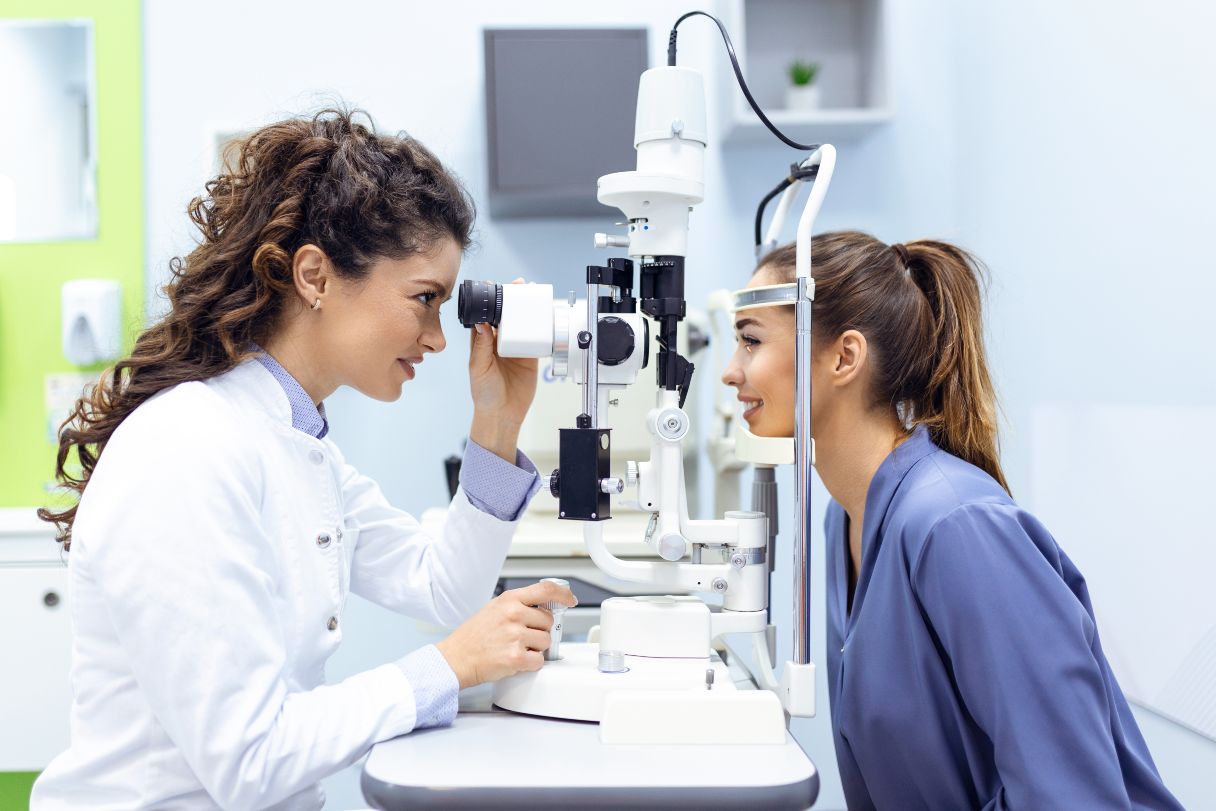Cholesterol is so often cast as an evil character, it's hard to believe it could actually be beneficial in any way. But the cholesterol naturally produced by our bodies helps build cells, digest food, produce certain hormones and generate essential vitamin D.1 Not all cholesterol is good, though — and the bad stuff can increase your risk for heart attack and stroke. Below, we dive into what you should know about good and bad cholesterol, and how to lower high cholesterol for your heart health.
What Is Cholesterol?
Cholesterol itself is a waxy substance produced in your liver.2 It's also present in foods that we eat — specifically, foods that come from animal sources, including meat and dairy. In addition, tropical oils (such as palm and coconut oils) that are often found in baked foods can cause your liver to create more cholesterol.
Cholesterol travels in your bloodstream — and that's why it can potentially cause problems. Together with other substances, it can form hard deposits in your arteries, narrowing these passages and making it harder for blood to flow.
Good Cholesterol Versus Bad Cholesterol
While you want to keep total cholesterol low, it's most important to control levels of low-density lipoprotein (LDL) cholesterol. LDL cholesterol is the type that builds up in your arteries, so it's often called “bad" cholesterol. On the other hand, high-density lipoproteins (HDL) cholesterol is considered good, because it transports extra cholesterol out of your arteries and back to the liver. You actually want more HDL cholesterol, rather than less.
People often wonder, “What is a good cholesterol reading?" Normal cholesterol levels vary by age and sex. However, in general, according to the National Institutes of Health (NIH), most adults should aim for these cholesterol levels:1
- Total cholesterol: less than 200 milligrams per deciliter (mg/dL)
- LDL cholesterol: less than 100 mg/dL
- HDL cholesterol: at least 50 mg/dL for women and at least 40 mg/dL for men
Common Causes of High Cholesterol
Diet is often the root cause of high cholesterol troubles, so it's not surprising there is a list of foods to avoid with high cholesterol, including:3
- Red meat
- Full-fat dairy
- Fried food
- Processed food
- Hydrogenated oils
Other causes of high cholesterol include health issues, such as diabetes, kidney disease and liver disease, as well as an underactive thyroid gland. Pregnancy and other conditions that increase the presence of female hormones can also contribute to high cholesterol. Some drugs, including corticosteroids and anabolic steroids, may raise cholesterol levels, too.3
Natural Ways to Help Lower Cholesterol
Maintaining an overall healthy lifestyle — with regular exercise, a healthy weight, no smoking and a balanced daily diet of whole, unprocessed foods — is usually the best way to lower cholesterol (and they're all good for your mental health, too).4 There are also specific foods that can help lower cholesterol. These low-cholesterol foods include:5
- Whole grains, oats and barley
- Healthy fats, such as almonds, walnuts, avocados, extra virgin olive oil and fatty fish
- Legumes, such as peanuts; kidney, pinto and black beans; chickpeas, peas and lentils
- Vegetables, especially carrots, okra and eggplant
- Dark leafy greens, including kale and spinach
- Fruit, especially strawberries, grapes, apples, berries and citrus fruits
- Tea, including black, white and green varieties
- Coffee, with minimal sugar added
More Ways You Can Lower High Cholesterol
While a healthy diet and lifestyle are the best ways to lower cholesterol, they aren't always enough. When these tactics alone don't work, your doctor may prescribe cholesterol medicines, particularly if you're already at higher risk of heart attack or stroke. There are many cholesterol-lowering medications, with statins being the most common.4
What Are Symptoms of High Cholesterol?
It's important to realize that high cholesterol usually has no symptoms, so having your doctor conduct a blood test is an important part of health screenings for both men and women.
Take Charge of Your Health and Wellness
If you are looking for an option to help manage your health and wellness finances, consider the CareCredit credit card. The CareCredit card can help you pay for the care you want and need and make payments easy to manage.* Apply today and use our Acceptance Locator to find a provider or retailer near you that accepts CareCredit. Continue your wellness journey by downloading the CareCredit Mobile App to manage your account, find a provider on the go, and easily access the Well U hub for more great articles, podcasts, and videos.
Author Bio
Yasmine S. Ali, MD, MSCI, FACC, FACP is a board-certified cardiologist and clinical lipidologist (cholesterol specialist) who has focused her clinical career on the promotion of heart health and the prevention of cardiovascular disease. She is an award-winning writer and medical educator, and is President of LastSky Writing, LLC. Dr. Ali is also the bestselling author of "Walk Through Fire: The Train Disaster That Changed America" (February 2023), which highlights the irreplaceable role of the community hospital in U.S. history.








